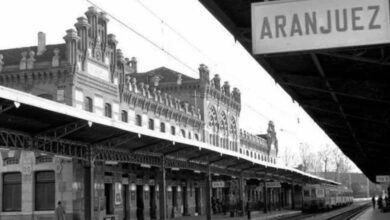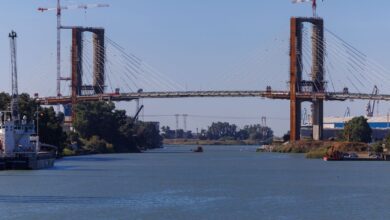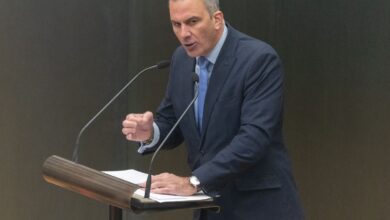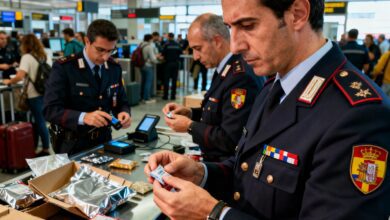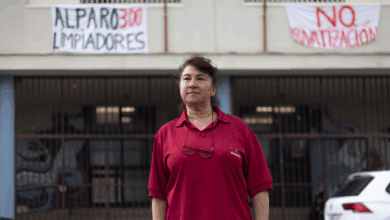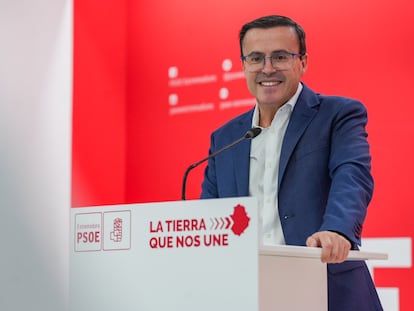
Miguel Ángel Gallardo’s journey to the top of regional politics began far from parliamentary halls. In his youth, he worked at a tomato processing plant in Miajadas, a small town in the province of Cáceres renowned for its food industry. It was there, among cans of tomatoes, that the future leader of Extremadura’s socialists first encountered the discipline and simple joys of working-class life.
Over the years, Gallardo managed to turn his experience into political capital. His tenure in the municipality of Villanueva de la Serena was marked by six consecutive landslide victories in mayoral elections. This earned him a reputation as an effective administrator and turned his hometown into a model for other municipalities in the region.
Challenges and ambitions amid crisis
In 2015, Gallardo took the helm of the Diputación de Badajoz, where he launched sweeping reforms. He prioritized modernization, the digitalization of agriculture, and the expansion of renewable energy. His decisions, including the removal of Francoist symbols, sparked broad debate and even gained support from the opposition. However, over time, Gallardo’s leadership style became a point of contention: many noted his inclination toward authoritarianism and a tough approach in dealings with colleagues.
In March 2024, following the departure of Guillermo Fernández Vara, Gallardo became secretary of the regional PSOE office. However, his leadership quickly came under threat due to internal divisions and weak results in the province of Cáceres, where he failed to secure majority support. Additionally, on the eve of the party’s federal congress in Sevilla, he became the subject of a criminal investigation related to the appointment of the prime minister’s brother to a position in the Diputación de Badajoz.
Judicial pressure and pre-election uncertainty
The scandal over alleged abuse of office and accusations of administrative misconduct has put Gallardo and the entire regional PSOE organization in a difficult position. Infighting has intensified, and the upcoming snap election, scheduled by María Guardiola for December 21, has become a true test for the socialists.
Many within the party see it as nearly impossible to regain control of the regional government. The pressure is mounting, not only to stand up to rivals from the People’s Party (PP), but also to overcome internal divisions of their own. If they fail, Gallardo’s position could be at risk—and the party’s unity in serious doubt.
All or nothing: a make-or-break election
Gallardo is now preparing for the toughest campaign of his life. His supporters hope that his experience and determination will help him overcome the crisis, but skeptics are convinced: any drop in the number of deputies compared to the current 28 seats will be seen as a defeat. Ahead lie seven weeks of intense struggle, with not just one man’s political career at stake, but the future of the entire regional PSOE organization.



